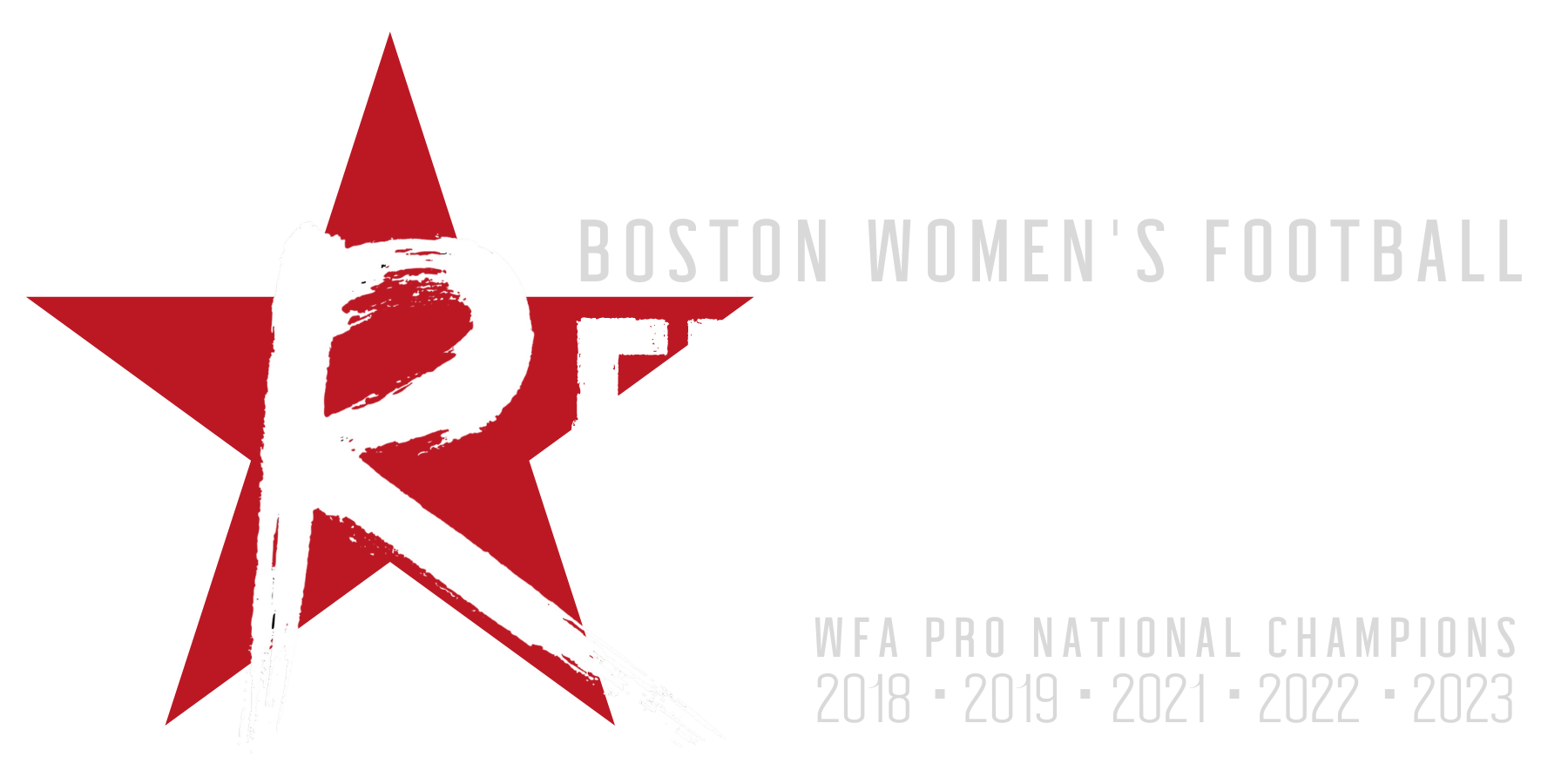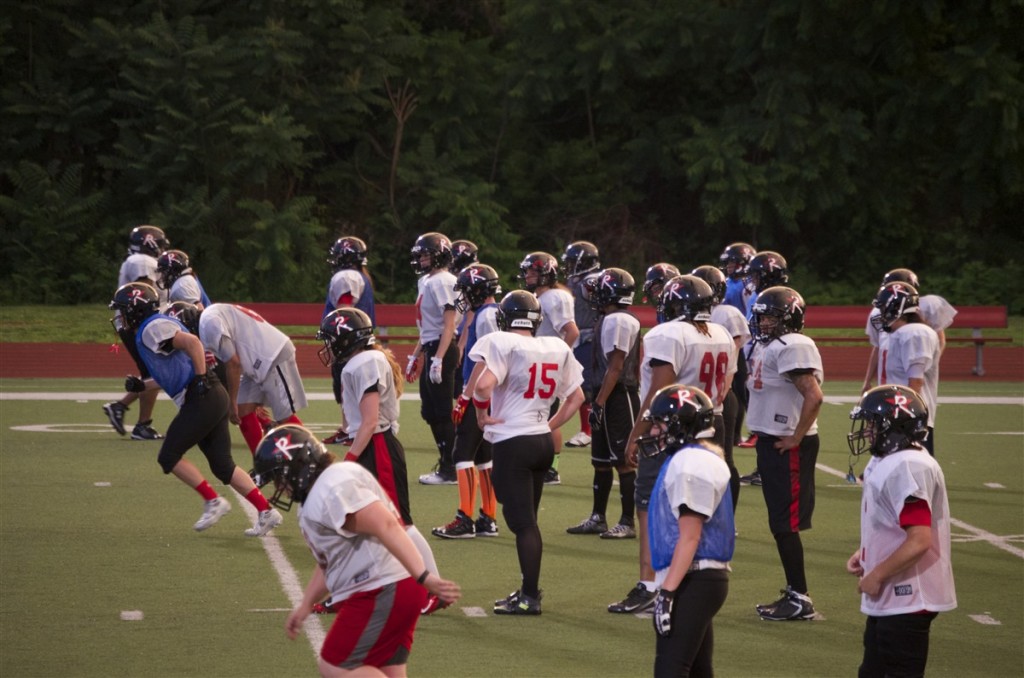By Tyler Maheu | Zephyr
June 27, 2015
SOMERVILLE, Mass. — Playing ball like a girl is no longer an insult, just watch the Boston Renegades.
Currently competing in the Women’s Football Alliance, the Renegades, Boston’s all-women tackle football team, are part of a league that has broken the stereotype that football is just for men.
But now, the Renegades, who lost their owner weeks before the season started, have to figure out a way to keep playing the game they love.
Since 2000, the Boston area has seen several women semi-pro football teams, starting with the New England Storm.
The Renegades, who started playing in 2008, were known as the Boston Militia, the winningest team in the national WFA. Owned by Ernie Boch Jr., the team grabbed three titles in five years, and is holders of a 67-6 record, including playoff games, giving Boston another sports dynasty.
But in January, just before the team was to start practice for the season, Boch gave up ownership and it appeared the team was going to disappear.
“Timing wasn’t great,” said Mia Brickhouse, one of the team’s linebackers and its chief operating officer. “They wanted more competition, they wanted ESPN and they never got that from the league. In their mind they just wanted to focus on something else.”
To save their dream, some of players including Brickhouse, created the Boston Women’s Football LLC, the team’s ownership group. This allowed them to organize the team and find sponsorship.
“This year’s been a lot of beg, borrowing, and stealing,” said Molly Goodwin, chief financial officer and linebacker coach. “Hopefully this offseason we can negotiate deals with some vendors, sponsors, and physical therapists to help our training staff.”
Because of legal issues, the team needed a new identity. After much deliberation, the players agreed to change from the Militia to the Renegades.
These days money for the team is in short supply, Goodwin said. Renegade players pay a fee to play and bring their own shoulder pads. The fee covers other football essentials such as helmets, and game and practice uniforms. The team covers the day-to-day fees such as field rentals, league dues, and regular season travel April through June.
However, with the team now in the postseason, funds are running out. “If we make it to Los Angeles [where the championship will be played], we would probably have a handful of players that couldn’t afford it,” said Goodwin. “These are still young kids just figuring out their way, they don’t have the money to be traveling.”
“I loved football as a child, but never even thought it was an option,” said Brickhouse. For many of the women, football was not a possibility as a child, they said — whether it was teams not accepting them, or their mothers saying no, football was strictly for the boys.
This team means a lot to these women, and they want to see it expand into something bigger. “I would like to see a more competitive level, I’d like to see more people involved in the sport,” said Torrance Brown, one of the team’s defensive lineman.
However, right now, Brown said, the goal is clear: “Keep winning some rings.”
(Click here to read a PDF of this article as it appeared in ZEPHYR. Article appears on page 2.)

